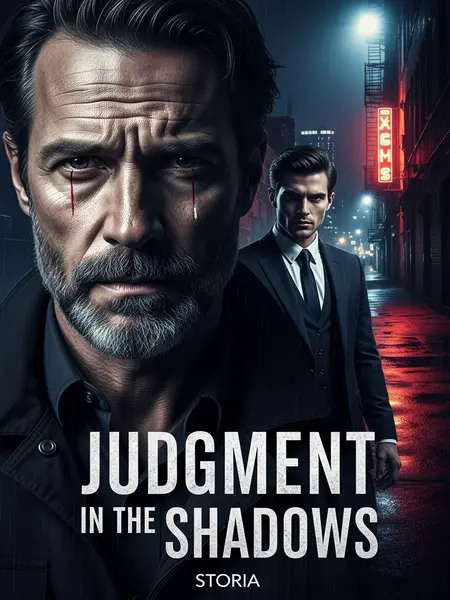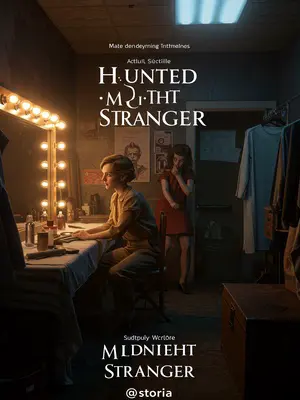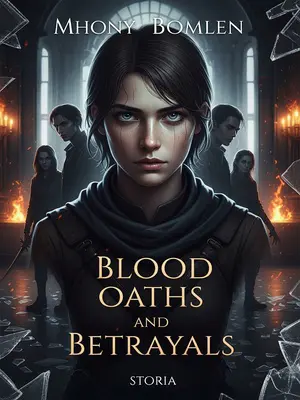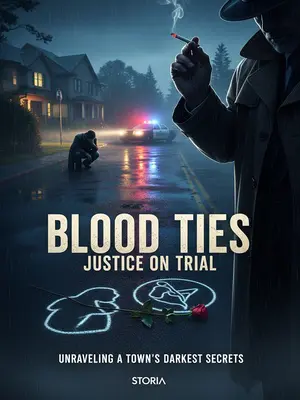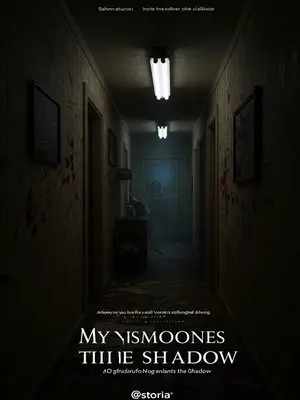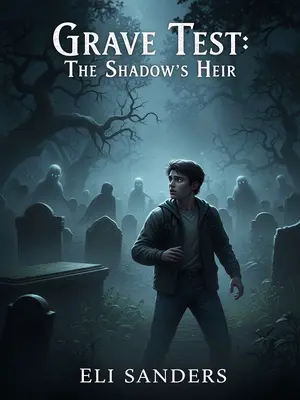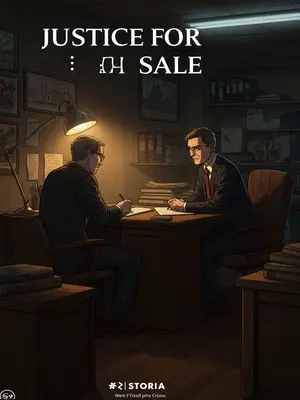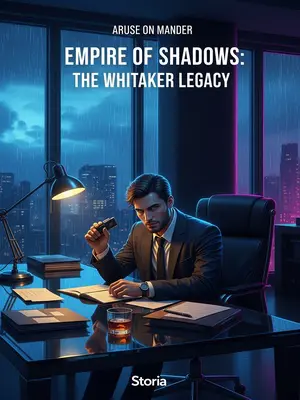Chapter 1: The Fall of Captain Holloway
As captain of the Criminal Investigation Division in Maple Heights, this is the biggest humiliation I’ve faced in more than twenty years on the force: in just twenty-eight days, there were five suspicious deaths—six lives lost. We’d already pegged Quentin Ford as the killer, but with no hard evidence, all we could do was watch him walk out the door, free as a bird.
The sting of those failures still burned every time I looked at my badge. For two decades, I’d taken pride in bringing closure to families, in never letting the guilty slip through the cracks. Now, every time I saw another headline dragging our department through the mud, it felt like I was carrying the whole town on my back. Maple Heights wasn’t supposed to be this kind of place. Not on my watch.
After the so-called family massacre case, I went through an internal affairs investigation, got cleared, and stayed on as captain of Maple Heights’ Criminal Investigation Division.
The process was brutal—endless forms, grilling interviews under the harsh buzz of fluorescent lights, and the wary eyes of officers who used to look up to me. The break room felt colder, the coffee tasted like burnt rubber. But when the verdict finally landed, I was back in my chair, staring at that same cracked ceiling tile, thinking: what now? What’s left for me here?
But I knew—the real mastermind behind the serial family murders, the cold and calculating Quentin Ford—would come for me sooner or later. So I put in for suspension myself. I figured, if I used myself as bait, maybe I could finally draw the killer out and set a trap.
It was a risky move, maybe even reckless, but I couldn’t just sit back and wait for the next body to turn up. If Quentin was out there hunting me, I’d make damn sure I was the one holding the leash. I boxed up my things, left my badge in the drawer, and walked out of the precinct that day with a plan simmering behind my tired eyes. For the first time in years, I was running on nothing but stubborn hope.
Still, I underestimated Quentin Ford’s criminal genius. He’d already figured out my undercover play, but he went along with it anyway. After careful planning, he even managed to frame me for murder—torched my career for good.
It was a gut punch—like getting sucker-punched in a bar fight. My reputation, years of hard-won respect—gone, unraveled in just a few days. I’d see the headlines and feel sick. The press had a field day, splashing my name across every screen in town. I couldn’t even look my neighbors in the eye. Quentin was always three steps ahead, and he made damn sure I knew it.
In this high-stakes game between good and evil, it was chess—but every piece was a landmine. I didn’t even know if I’d ever be able to bring the serial killer Quentin Ford to justice…
Every night, I’d lie awake, replaying every conversation, every missed clue. The line between hunter and hunted blurred. Sometimes, I didn’t even know which side I was on anymore. Maybe I was both. Maybe that was the problem.
Round One: Setting the Trap
"Captain Holloway, the internal affairs investigation is over. You’re cleared. It’s been determined that during your investigation of the serial accidental death case, you didn’t cover up suspects or mislead the investigation. You’re reinstated as captain of the Maple Heights Criminal Investigation Division."
The words sounded official, clipped and cold, echoing off the beige conference room walls. I tried to find some relief in them, but it rang hollow. My hands gripped the edge of the table, knuckles white with tension.
Two weeks had crawled by since the serial accidental death case.
Those calendar pages seemed to flip on their own. The weight of those days pressed down, each sunrise a fresh reminder of what we hadn’t solved. Maple Heights was restless; so was I.
After weeks of internal review and repeated interviews with the inspection department and disciplinary board, I finally cleared my name.
It was a parade of questions—some fair, some loaded. I’d sat under the harsh glare, watching the clock tick, telling the same story until my throat was raw. But at least the truth was on my side.
Now, Leonard Graves, head of the state special task force, handed me the reinstatement documents. But there was no joy in it.
Leonard’s presence was solid, the kind of guy who could fill a room just by standing there. He handed me the paperwork with a sympathetic nod, his eyes telling me he understood—this wasn’t really a win.
Because just two weeks ago, I’d watched helplessly as the real killer, Quentin Ford—the man behind five suspicious deaths—walked out of our division like it was nothing, even pocketed my cigarettes and lighter, and said to me: "Kyle Jensen didn’t die by accident. We were too stubborn back then, messed with the wrong people, and that’s what led to disaster."
I still remembered the way Quentin smiled, lighting my cigarette like we were old friends. The words rolled off his tongue with a casual malice, sticking with me long after he’d left the room. That lighter never felt the same in my pocket again.
For some reason, Quentin Ford’s words have haunted me ever since.
They echoed in my head at night, worming their way into my dreams. I’d wake up sweating, heart pounding, replaying that moment over and over, wondering what he really meant.
